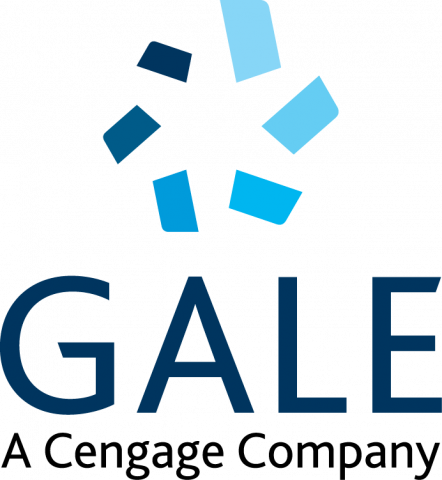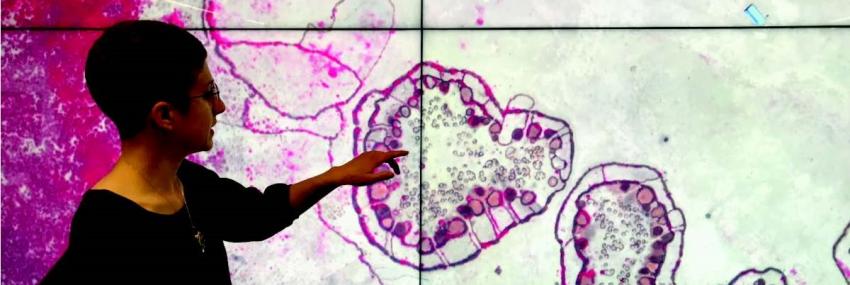CRL places a premium on access to deep research collections to support research and teaching at our member institutions. As the current COVID-19 environment continues to limit access to physical collections, CRL has reached out to providers to broker expanded electronic access to research collections. We are pleased to announce we negotiated on behalf of our member libraries an extraordinary level of access to Gale Primary Sources. This special access for CRL members runs from now through June 30, 2020.
CRL worked with Gale to enable access to these collections through an exclusive account with the IP addresses of eligible CRL members. These resources are not cross-linked with other Gale products to which CRL member institutions already have access. For questions about access, or to work with Gale to expose these resources through existing institutional accounts, contact your institution’s Gale representative.
More information about these Gale resources can be found on eDesiderata in our COVID-19 Response resource list. In addition, Gale has created several support and knowledge sites and afforded access to a broad number of other journals, reference sets, and e-books. For more information, see Gale’s COVID-19 impact support page.


